fact

Seize the Fire: Heroism, Duty, and the Battle of Trafalgar
October 21, 2005, marked the 200th anniversary of the great naval battle of Trafalgar, an engagement in which Admiral Nelson and the British fleet ended Napoleon’s dream of invading England by crushing the French and Spanish fleets off the southwest
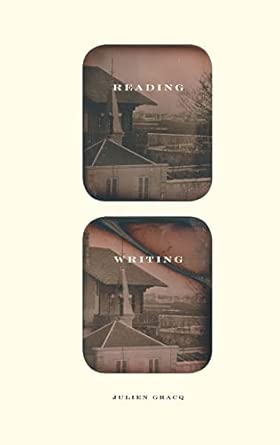
Reading Writing
The French writer Julien Gracq, who will be ninety-seven this year, is a living link to the era of Louis Aragon and André Breton. Gracq has avoided the kind of recognition that most modern writers crave (he refused the Prix Goncourt in 1951), and his body of work is little known on this continent.
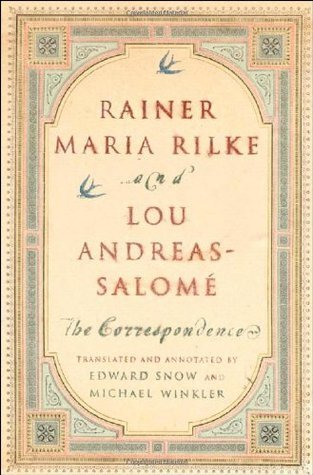
Rainer Maria Rilke and Lou Andreas-Salomé: The Correspondence
Rainer Maria Rilke and Lou Andreas-Salomé: The Correspondence (Norton) collects all of the extant letters exchanged by Rilke and Andreas-Salomé , a patron and fellow author, and (as the jacket copy describes her) “a key fin de siècle intellectual.”

What?
At home Frank and I are mutually sympathetic to the obligation to face one another and speak loudly; or, when we are away, to supply each other with new batteries when we forget them; but we have no defence against the independent wandering behaviour of our hearing aids. They are always someplace else. I probably have spent one percent of my life, close to a whole year, looking for the damned things.
.svg)
Snail Mail
I’m sorry, but you cannot mail any box with writing on it. I see. Perhaps you have a marker with which I can cross out the writing? No, we have no markers here. Perhaps you have some packing tape we can put over the writing? No, we have no packing tape here. How about some of that special blue-and-yellow postal service tape I see there? No, no señorita, you cannot put special blue-and-yellow postal service tape just anywhere.

Re-hanging the National Wallpaper
When I lived in Ottawa in the 1970s, I used to enjoy passing lazy afternoons at the National Gallery looking at the pictures. I remember how surprised I was when I first encountered the Group of Seven collection. These paintings were completely familiar—I’d seen them in schoolbooks and on calendars, posters, t-shirts, everywhere—yet at the same time they were completely unexpected.
.svg)
Nationalism Without Walls: The Unbearable Lightness of Being Canadian
Richard Gwyn tries to get away with two puns in the title of his book Nationalism Without Walls: The Unbearable Lightness of Being Canadian (McClelland & Stewart), trading off on both André Malraux's cultural manifesto of the 1960s Museum Without Wal

Wide as the Waters: The Story of the English Bible and the Revolution It Inspired
Wide as the Waters: The Story of the English Bible and the Revolution It Inspired, by Benson Bobrick, is an excellent account of “the most influential book ever published.” It begins by reminding us that the first question ever asked by an inquisitor

Wimbledon Green: The Greatest Comic Book Collector in the World
The comics artist and writer Seth dropped in to Sophia Books in Vancouver in early November to promote his new book, Wimbledon Green: The Greatest Comic Book Collector in the World (Drawn & Quarterly), a sumptuous clothbound volume on whose cover the



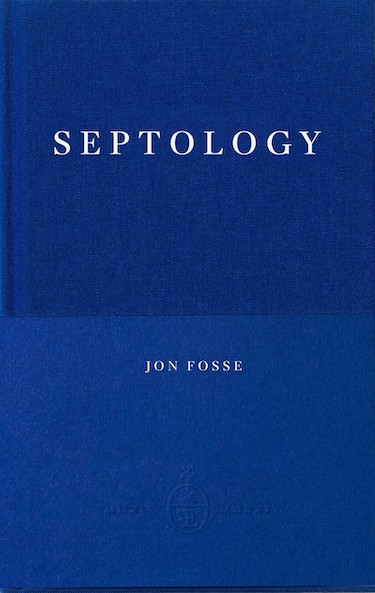


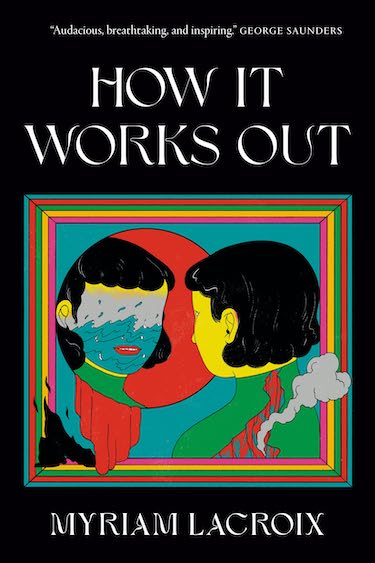
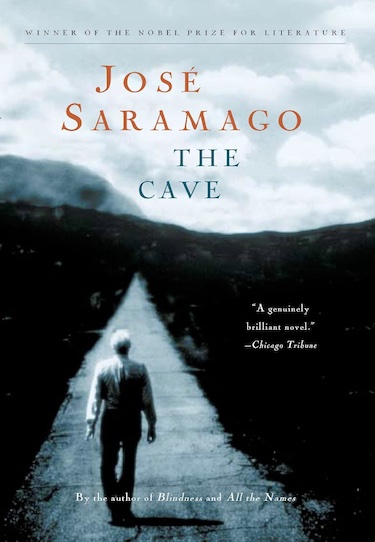


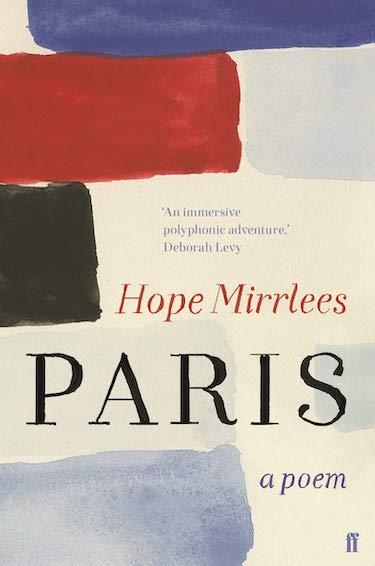





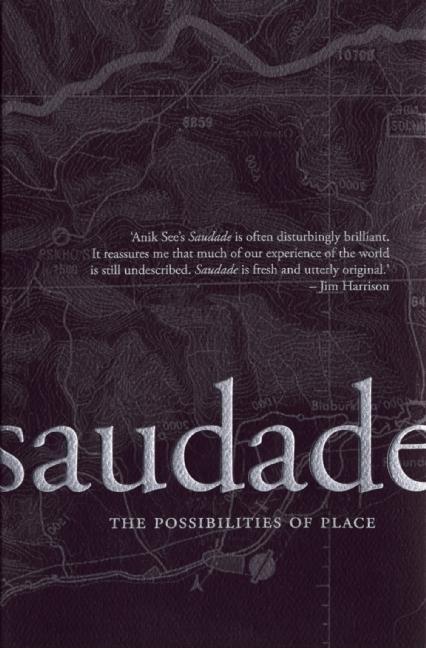

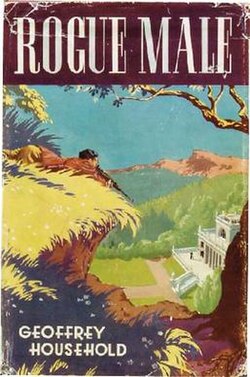
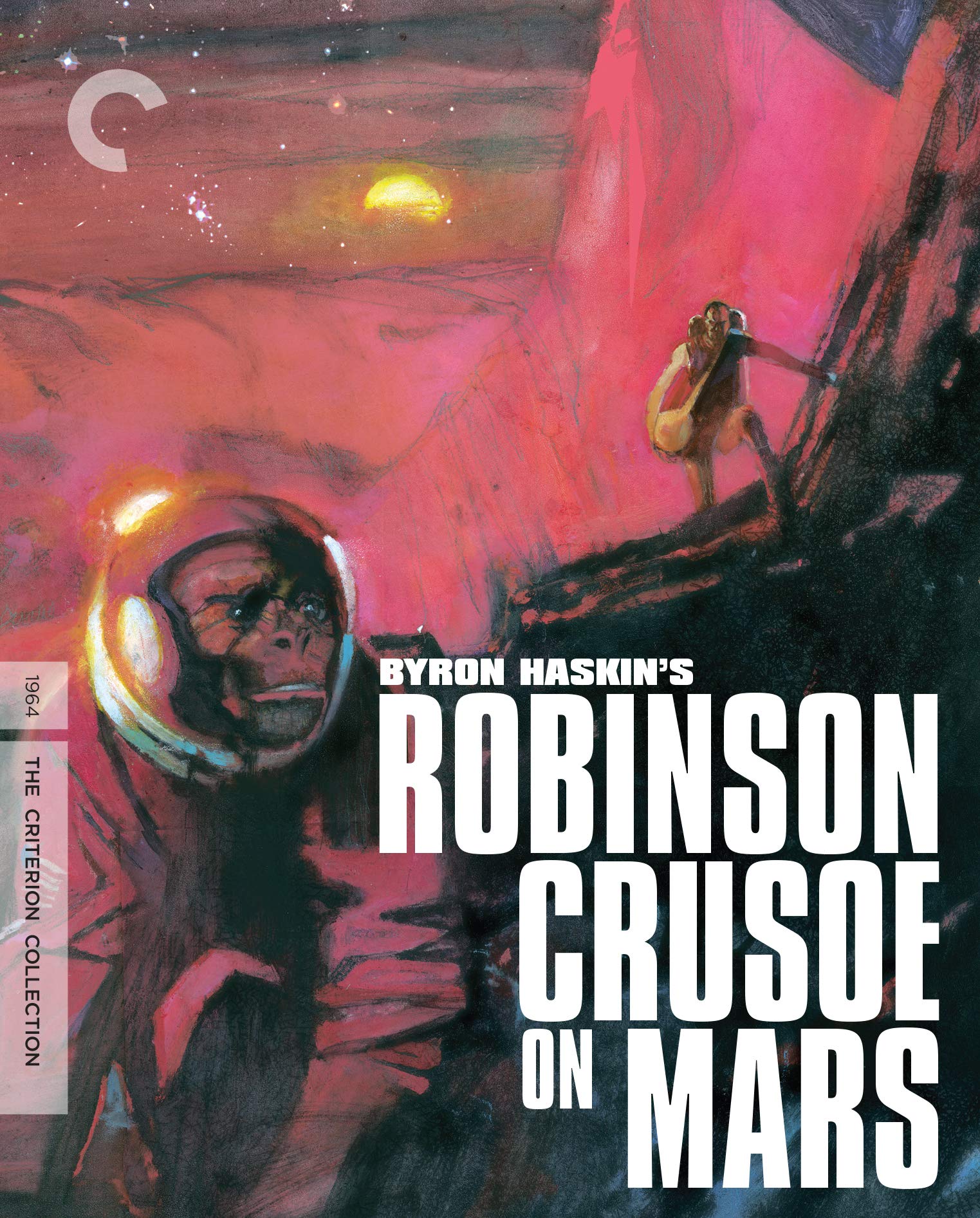
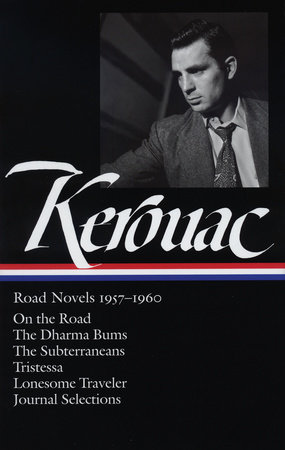

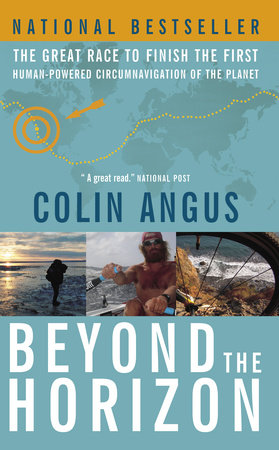

































.svg)

































.jpg)














